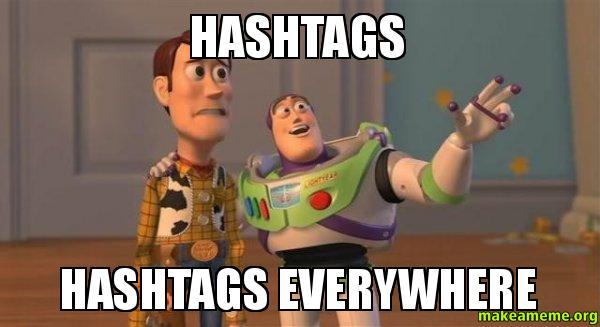Thoughts on Social Media in the Classroom
My first thought when considering social media usage in the classroom is: security and supervision. These days children are bullied worse and more frequently than ever before because of the myriad ways that children can communicate. If we created a secure social media account that was confined to classroom use, it could be a fun and useful tool for students to share what they learn outside of the classroom. For example, I can imagine a thematic hashtag that could be used for students to point out examples of a classroom topic while going about their daily lives. I see social media as a supplemental mode of communication rather than the focus of a lesson or a primary means of performance/evaluation.
Social media also has interesting potential as an unofficial metric for progress. For example, a teacher who follows a student on social media will have a better understanding of their grammar skills, priorities, and visual capabilities. Social media is a great tool for sharing important lessons and experiences throughout different classrooms, and even between teacher and parent, if it is made clear that the code of conduct across social networks is the same as in the classroom.
I'm interested in the concept of flipped classrooms, where the learning is done outside the classroom and classes are used to complete assignments. Within this context, social media could play an important role in connecting students and allowing them to exchange viewpoints and supplementary materials with each other.
After the things I've learned this semester, I'm far more comfortable with the idea of integrating new technologies and software into my lesson plans. My generation is half digital native/ half digital immigrant, so it's important to remember that the instructional portion of these classes will be must faster than they were in my youth. For example, children are much more intuitive with digital interfaces and need very little help learning across multiple platforms. The challenge will be for us to keep us.

Social media also has interesting potential as an unofficial metric for progress. For example, a teacher who follows a student on social media will have a better understanding of their grammar skills, priorities, and visual capabilities. Social media is a great tool for sharing important lessons and experiences throughout different classrooms, and even between teacher and parent, if it is made clear that the code of conduct across social networks is the same as in the classroom.
I'm interested in the concept of flipped classrooms, where the learning is done outside the classroom and classes are used to complete assignments. Within this context, social media could play an important role in connecting students and allowing them to exchange viewpoints and supplementary materials with each other.
After the things I've learned this semester, I'm far more comfortable with the idea of integrating new technologies and software into my lesson plans. My generation is half digital native/ half digital immigrant, so it's important to remember that the instructional portion of these classes will be must faster than they were in my youth. For example, children are much more intuitive with digital interfaces and need very little help learning across multiple platforms. The challenge will be for us to keep us.

It is interesting that you comment that instruction in digital literacy will be faster now than it was in your youth. I hadn't really thought about that, but of course, you are right. I agree that it will be, and already is a challenge to keep up with our kids!
ReplyDelete